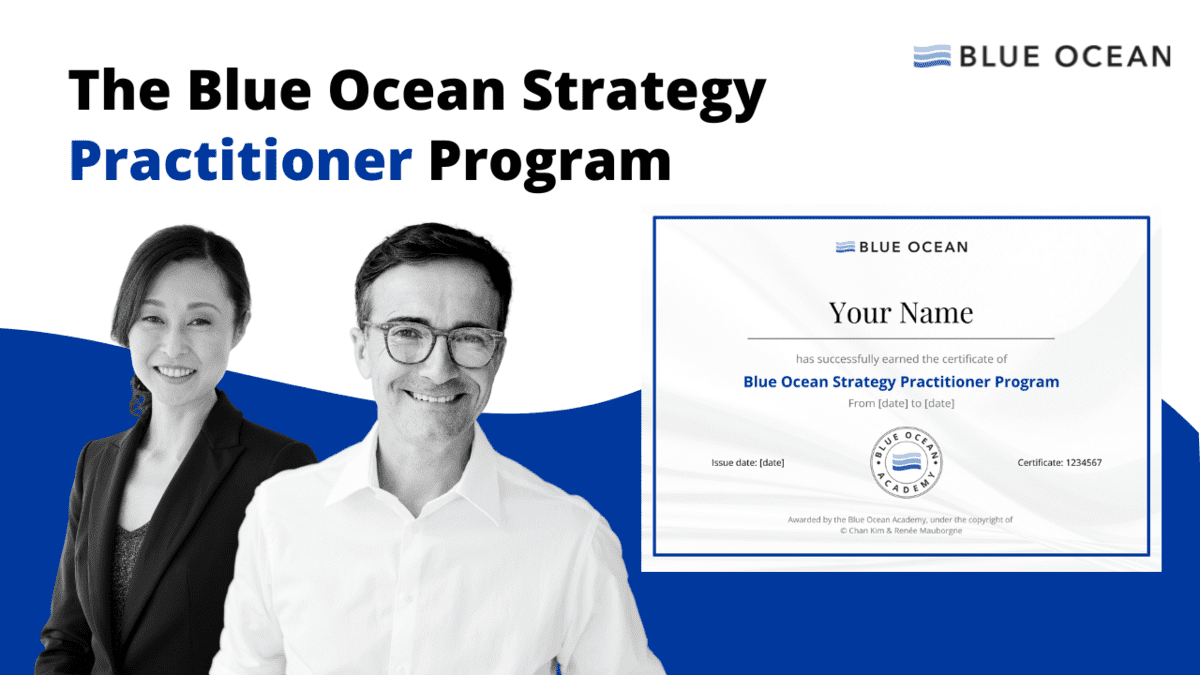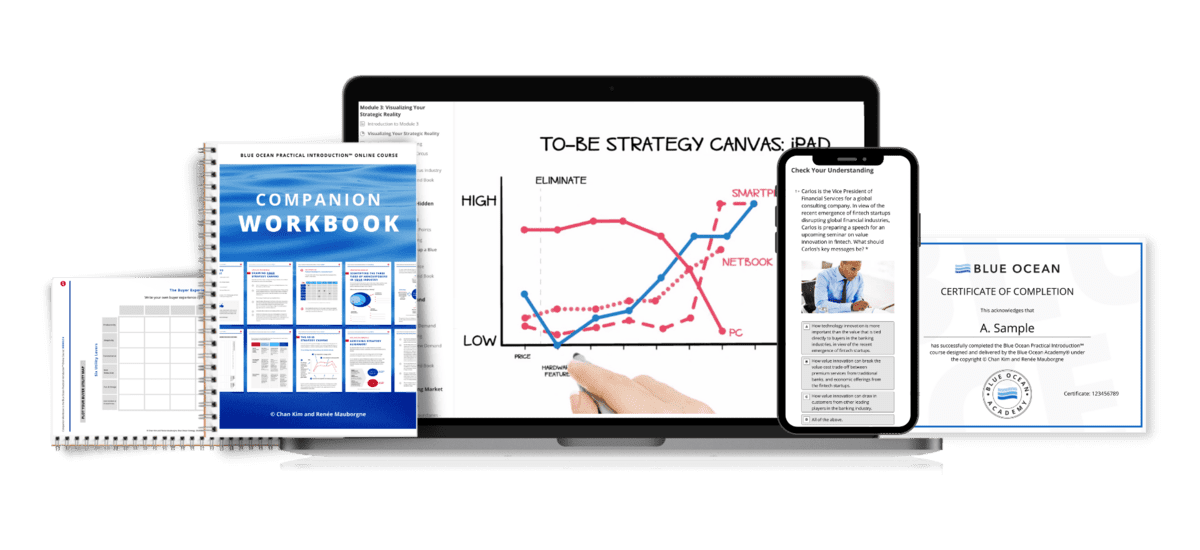JCDECAUX
JCDecaux, a vendor of French outdoor advertising space, created a blue ocean in the advertising industry. It used insight from noncustomers to challenge the implicit assumptions of the industry and pulled the mass of once refusing noncustomers into its market.
Before JCDecaux created a new concept in outdoor advertising called ‘street furniture’, the outdoor advertising industry included billboards and transport advertisements. Outdoor advertising was not a popular campaign medium for many companies because it was viewed only in a transitory way.
Especially for lesser-known companies, such advertising media were ineffective because they could not carry the comprehensive messages needed to introduce new names and products. Hence, many such companies refused to use such low-value-added outdoor advertising. They were refusing noncustomers.
JCDecaux realized that the lack of stationary downtown locations was the key reason the industry remained unpopular and small. In searching for a solution, JCDecaux found that municipalities could offer stationary downtown locations, such as bus stops, where people tended to wait a few minutes and hence had time to read and be influenced by advertisements. JCDecaux reasoned that if it could secure these locations to use for outdoor advertising, it could reach beyond existing demand and convert noncustomers into customers.
This gave it the idea to provide street furniture, including maintenance and upkeep, free to municipalities. As long as the revenue generated from selling ad space exceeded the costs of providing and maintaining the furniture at an attractive profit margin, the company would be on a trajectory of strong, profitable growth. Accordingly, street furniture was created that would integrate advertising panels. In this way, JCDecaux created a breakthrough in value for noncustomers, the municipalities, and itself.
JCDecaux’s blue ocean strategic move eliminated cities’ traditional costs associated with urban furniture. In return for free products and services, JCDecaux gained the exclusive right to display advertisements on the street furniture located in downtown areas. By making ads available in city centers, the company significantly increased the average exposure time, improving the recall capabilities of this advertising medium. The increase in exposure time also permitted richer content and more complex messages.
In response to JCDecaux’s exceptional value offering, the mass of once refusing noncustomers flocked to the industry. Today, fifty years later, JCDecaux remains the number one global leader in the street furniture-based ad market space it created. The company now has nearly five hundred thousand street furniture advertising panels in eighteen hundred cities in forty-eight countries around the world.
The JCDecaux case study highlights that it often takes noncustomers, not customers, to shed insight on the implicit assumptions of an industry that can be challenged and rewritten to create a leap in value for all and new market space.
JCDECAUX
JCDecaux, a vendor of French outdoor advertising space, created a blue ocean in the advertising industry. It used insight from noncustomers to challenge the implicit assumptions of the industry and pulled the mass of once refusing noncustomers into its market.
Before JCDecaux created a new concept in outdoor advertising called ‘street furniture’, the outdoor advertising industry included billboards and transport advertisements. Outdoor advertising was not a popular campaign medium for many companies because it was viewed only in a transitory way.
Especially for lesser-known companies, such advertising media were ineffective because they could not carry the comprehensive messages needed to introduce new names and products. Hence, many such companies refused to use such low-value-added outdoor advertising. They were refusing noncustomers.
JCDecaux realized that the lack of stationary downtown locations was the key reason the industry remained unpopular and small. In searching for a solution, JCDecaux found that municipalities could offer stationary downtown locations, such as bus stops, where people tended to wait a few minutes and hence had time to read and be influenced by advertisements. JCDecaux reasoned that if it could secure these locations to use for outdoor advertising, it could reach beyond existing demand and convert noncustomers into customers.
This gave it the idea to provide street furniture, including maintenance and upkeep, free to municipalities. As long as the revenue generated from selling ad space exceeded the costs of providing and maintaining the furniture at an attractive profit margin, the company would be on a trajectory of strong, profitable growth. Accordingly, street furniture was created that would integrate advertising panels. In this way, JCDecaux created a breakthrough in value for noncustomers, the municipalities, and itself.
JCDecaux’s blue ocean strategic move eliminated cities’ traditional costs associated with urban furniture. In return for free products and services, JCDecaux gained the exclusive right to display advertisements on the street furniture located in downtown areas. By making ads available in city centers, the company significantly increased the average exposure time, improving the recall capabilities of this advertising medium. The increase in exposure time also permitted richer content and more complex messages.
In response to JCDecaux’s exceptional value offering, the mass of once refusing noncustomers flocked to the industry. Today, fifty years later, JCDecaux remains the number one global leader in the street furniture-based ad market space it created. The company now has nearly five hundred thousand street furniture advertising panels in eighteen hundred cities in forty-eight countries around the world.
The JCDecaux case study highlights that it often takes noncustomers, not customers, to shed insight on the implicit assumptions of an industry that can be challenged and rewritten to create a leap in value for all and new market space.
THE BLUE OCEAN STRATEGY PRACTITIONER PROGRAM

Transform your strategic perspective, master blue ocean tools and frameworks, & learn to unlock new growth opportunities
Get started with new market creation with our live, interactive, expert-led program.


















